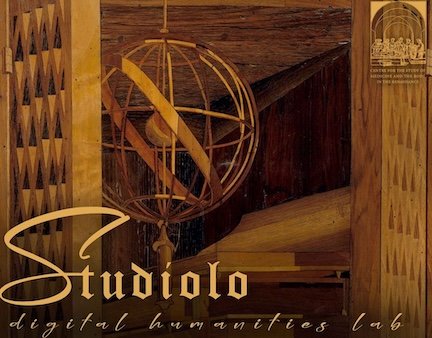Call for Conference Papers
Women of the Viking World
University of Liverpool, 27-28 August 2024
Closing Date: 2 March 2024
Keynote Speaker: Dr. Charlotte Hedenstierna-Jonson, Uppsala University
Research on women of the Viking world has gained momentum in recent years, with new perspectives and possibilities being introduced. Traditional views are still prominent however, with women often diminished to spectators within a patriarchal society.
However, there is growing evidence to suggest women enjoyed more active and varied societal roles which are far more significant than have previously been considered. Thus, this conference aims to bring together scholars from all disciplines of the field to deliver this new broader perspective on women of the Viking world.
Academics, graduate students & recent graduates are invited to submit proposals for 20-minute papers. Please note, we are planning for the conference to be in-person. However, we are happy to discuss online options. If you would like to discuss the possibility of presenting online, please let us know in your submission email.
Topics can include, but are not limited to -
Texts & Literature,
Archaeology, Iconography, and Material Culture,
Power, Politics, and Economy,
Religion And Seidr,
Norse Diaspora and the Wider World
Email all abstracts of no more than 250 words, a brief bio, and information on affiliation to info@vikingagewomen.com
For more information, visit http://www.vikingagewomen.com/



















